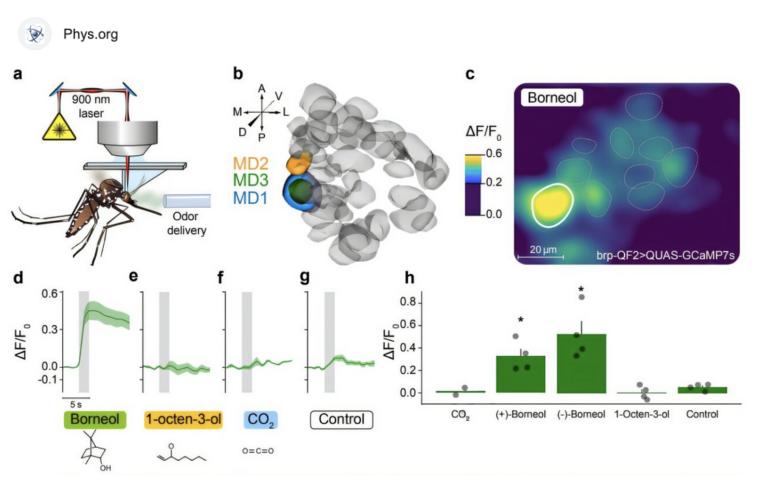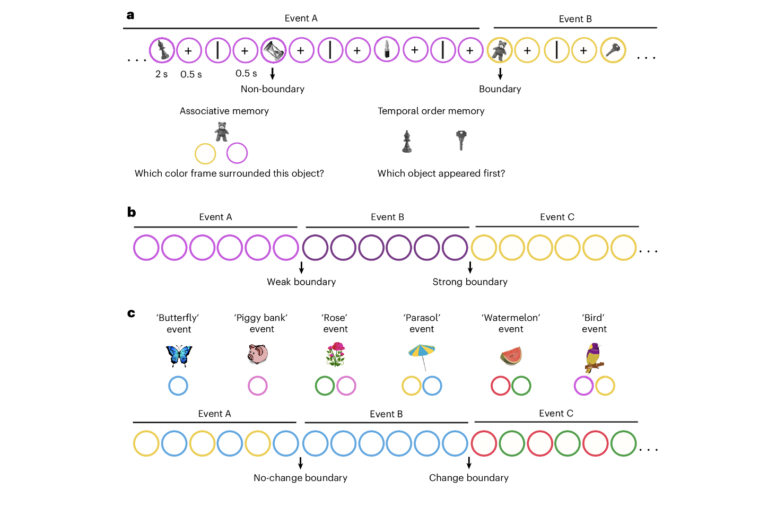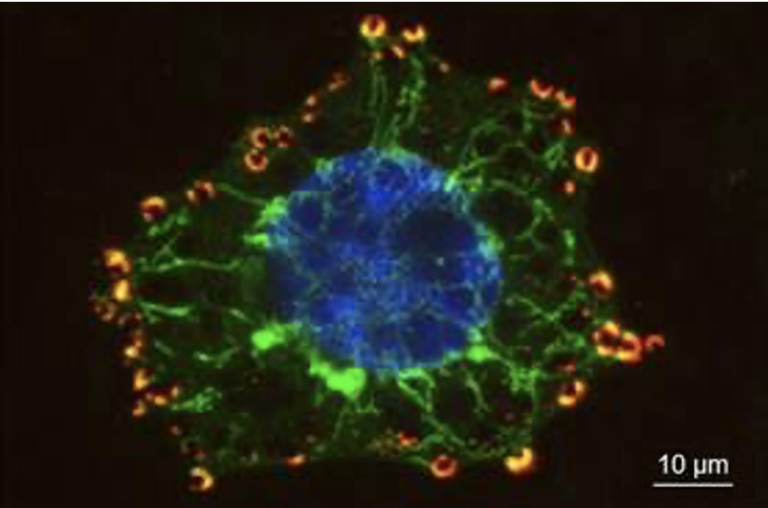NIH (USA) and Haifa University (Israel): nausea and vomiting very early in pregnancy is associated with a reduced risk for miscarriage

Researchers at the U.S. National Institutes of Health (NIH, Bethesda, MD, USA), the University of Haifa, Israel (Prof Noya Galai), and other institutions conducted a randomized clinical trial to examine the association of nausea and vomiting during pregnancy with pregnancy loss. The study was a secondary analysis of data from a previous study that examined the effects of aspirin in gestation and reproduction that enrolled women with one or two prior pregnancy losses at four U.S. clinical centers from June 15, 2007, to July 15, 2011.
Prof Noya Galai received PhD in Biostatistics from the University of California, Berkeley 1987. She was a post-doc at the Hebrew University, Jerusalem (Israel) 1987-89. She joined the Department of Epidemiology, Johns Hopkins Bloomberg School of Public Health, Baltimore MD 1991 -2004, and served as Head Statistician for the Department of Health Services Research, Ministry of Health 1993 – 2003.
In 2004, Prof Noya Galai joined the Department of Statistics at the University of Haifa (Israel). She was a principal investigator for the Data Coordinating Center of the EAGeR clinical trial on the effects of aspirin on pregnancy outcomes 2006-2012. She has ongoing research collaborations with in the Department of Epidemiology, Johns Hopkins Bloomberg School of Public Health, Baltimore MD.
The secondary analysis was limited to 797 women with a pregnancy confirmed by positive results of a human chorionic gonadotropin (hCG) test. Nausea symptoms were drawn from daily preconception and pregnancy diaries for gestational weeks 2 to 8. From weeks 12 to 36, participants completed monthly questionnaires summarizing symptoms for the preceding four weeks. A week-level variable included nausea only, nausea with vomiting, or neither. The main outcomes were hCG-detected pregnancy without ultrasound evidence and clinically recognized pregnancy losses.
The results showed that 188 pregnancies (23.6%) ended in loss. At gestational week 2, 17.8% of the women reported nausea without vomiting, and 2.7% reported nausea with vomiting. By week 8, the proportions increased to 57.3% and 26.6%, respectively. The researchers found that nausea and nausea with vomiting were associated with a reduced risk for clinical pregnancy loss. The study was published on September 26, 2016, in JAMA Internal Medicine.
“Women who are concerned about their symptoms or their risk for a pregnancy loss should talk to their care provider who can counsel them about their risk for a loss, in the context of many other risk factors for pregnancy loss,” said lead author Stefanie Hinkle, PhD, of the NIH Eunice Kennedy Shriver National Institute of Child Health and Human Development. “Our findings should be reassuring to women experiencing these symptoms; however, it is important for women who do not have these symptoms to understand that just because they do not have symptoms does not mean that they will go on to have a loss.”
Many theories have been proposed regarding the mechanism for an association between nausea and vomiting and pregnancy loss. First, symptoms may be part of an evolutionary advantage to change one’s dietary intake by increasing consumption of carbohydrate-rich foods, or by averting intake of potentially teratogenic substances. Second, the connection between nausea and pregnancy loss may be due to effects of hCG. A third possibility is that nausea and vomiting are markers for viable placental tissue; less nausea and vomiting may identify failing pregnancies.
Publication in JAMA Internal Medicine, Sept. 26th 2016
Source hospimedica






